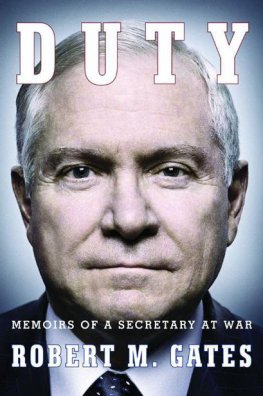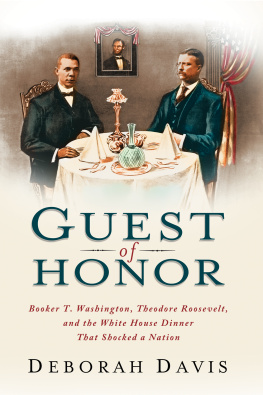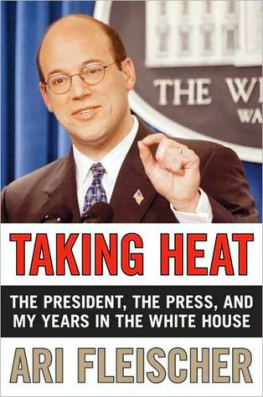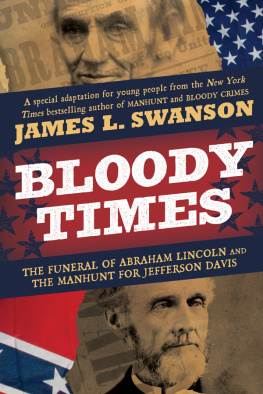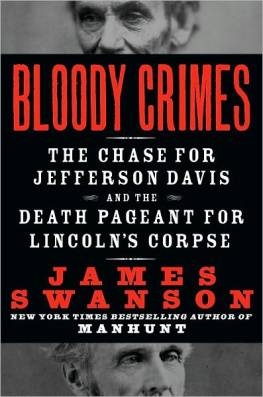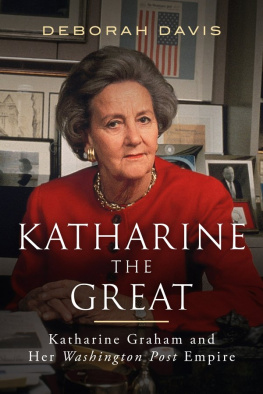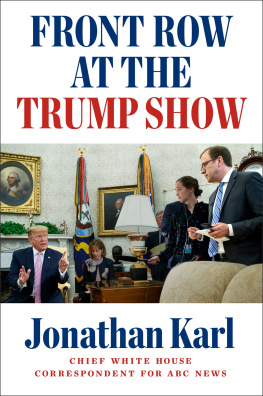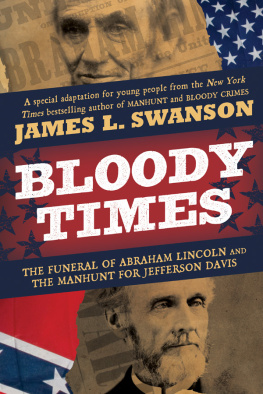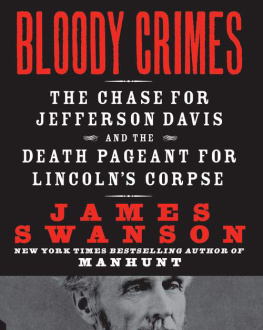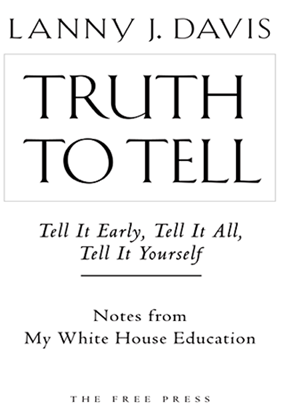Lanny J. Davis - Truth To Tell: Tell It Early, Tell It All, Tell It Yourself: Notes from My White House Education
Here you can read online Lanny J. Davis - Truth To Tell: Tell It Early, Tell It All, Tell It Yourself: Notes from My White House Education full text of the book (entire story) in english for free. Download pdf and epub, get meaning, cover and reviews about this ebook. year: 1999, publisher: Free Press, genre: Detective and thriller. Description of the work, (preface) as well as reviews are available. Best literature library LitArk.com created for fans of good reading and offers a wide selection of genres:
Romance novel
Science fiction
Adventure
Detective
Science
History
Home and family
Prose
Art
Politics
Computer
Non-fiction
Religion
Business
Children
Humor
Choose a favorite category and find really read worthwhile books. Enjoy immersion in the world of imagination, feel the emotions of the characters or learn something new for yourself, make an fascinating discovery.

- Book:Truth To Tell: Tell It Early, Tell It All, Tell It Yourself: Notes from My White House Education
- Author:
- Publisher:Free Press
- Genre:
- Year:1999
- Rating:3 / 5
- Favourites:Add to favourites
- Your mark:
Truth To Tell: Tell It Early, Tell It All, Tell It Yourself: Notes from My White House Education: summary, description and annotation
We offer to read an annotation, description, summary or preface (depends on what the author of the book "Truth To Tell: Tell It Early, Tell It All, Tell It Yourself: Notes from My White House Education" wrote himself). If you haven't found the necessary information about the book — write in the comments, we will try to find it.
On a November afternoon in 1996, Lanny Davis got a phone call that would change his life. It was from a top aide at the White House, asking him if he was interested in joining the presidents senior staff. Within a few short weeks he had signed on as special counsel to the president. Fourteen months later, his tour of duty almost over, he got another phone call, this time from a Washington Post reporter who asked, Have you ever heard the name Monica Lewinsky?
In the time between those two phone calls, Davis received an extraordinary political education. As President Bill Clintons chief spokesman for handling scandal matters he had the unenviable job of briefing reporters and answering their pointed questions on the most embarrassing allegations against the president and his aides, from charges of renting out the Lincoln Bedroom, to stories of selling plots in Arlington Cemetery, from irregular campaign fundraising to sexual improprieties. He was the White Houses first line of defense against the press corps and the reporters first point of entry to an increasingly reticent administration. His delicate task was to remain credible to both sides while surviving the inevitable crossfire.
Upon entering the White House, Davis discovered that he was never going to be able to turn bad news into good news, but he could place the bad news in its proper context and work with reporters to present a fuller picture. While some in the White House grew increasingly leery of helping a press corps that they regarded as hostile, Davis moved in the opposite direction, pitching unfavorable stories to reporters and helping them garner the facts to write those stories accurately. Most surprisingly of all, he realized that to do his job properly, he sometimes had to turn himself into a reporter within the White House, interviewing his colleagues and ferreting out information. Along the way, he learned the true lessons of why politicians, lawyers, and reporters so often act at cross-purposes and gained some remarkable and counterintuitive insights into why this need not be the case. Searching out the facts wherever he could find them, even if he had to proceed covertly, Davis discovered that he could simultaneously help the reporters do their jobs and not put the president in legal or political jeopardy.
With refreshing candor, Davis admits his own mistakes and reveals those instances where he dug a deeper hole for himself by denying the obvious and obfuscating the truth. And in a powerful reassessment of the scandal that led to the presidents impeachment, Davis suggests that if the White House had been more receptive to these same hard-won lessons, the Monica Lewinsky story might not have come so close to bringing down an otherwise popular president. For as Davis learned above all, you can always make a bad story better by telling it early, telling it all, and telling it yourself.
Lanny J. Davis: author's other books
Who wrote Truth To Tell: Tell It Early, Tell It All, Tell It Yourself: Notes from My White House Education? Find out the surname, the name of the author of the book and a list of all author's works by series.

